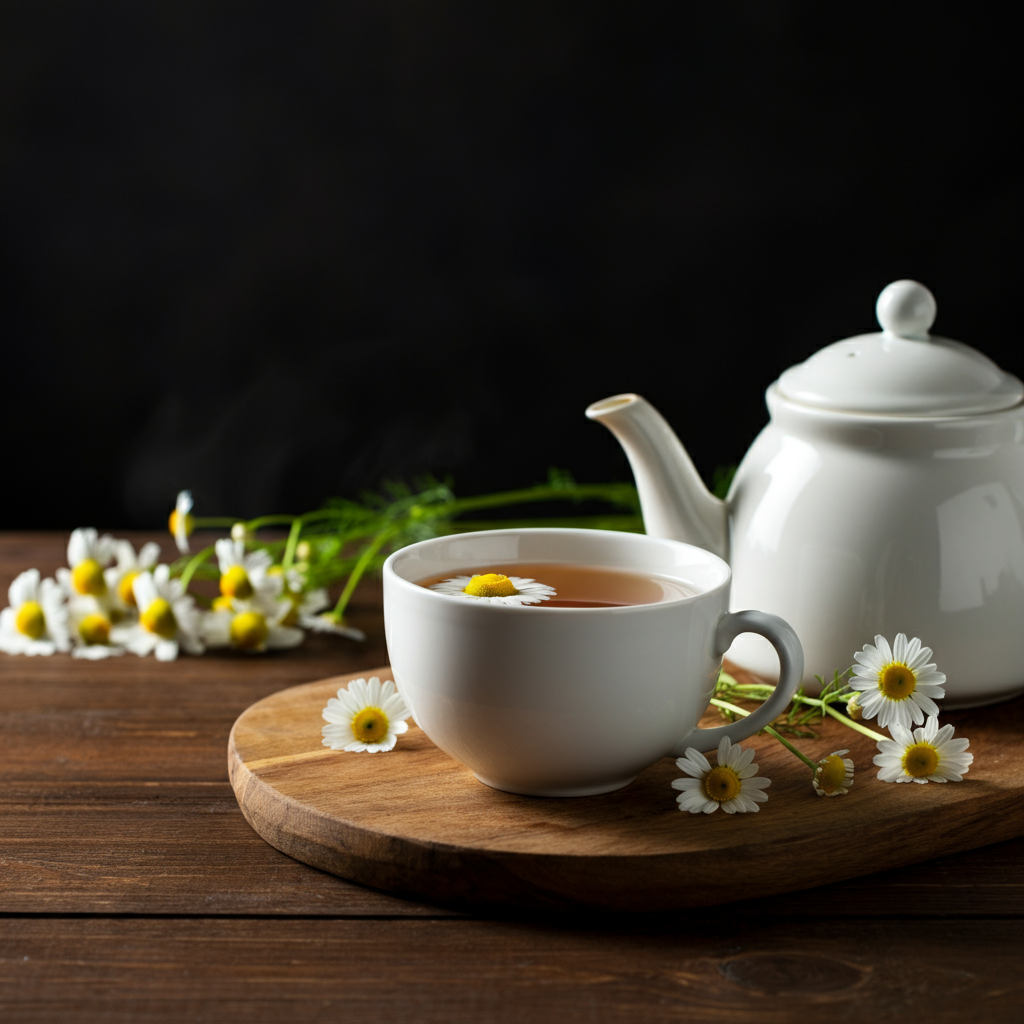
When you think about staying hydrated, the first thing that comes to mind is usually water. But have you considered herbal tea? It’s flavorful, versatile, and caffeine-free. Now you might be wondering, “Is herbal tea hydrating?” Whether you enjoy chamomile, peppermint, or hibiscus tea, this question comes up often. Let’s find out the answer and compare herbal tea to other beverages like coffee and traditional tea.
What Does Hydration Mean?
Hydration plays a vital role in keeping your body healthy. It helps maintain body temperature, promotes digestion, and keeps your skin glowing. While water is the best-known hydrator, beverages such as tea, coffee, and even soup can also help fulfill your body’s fluid needs.
This brings us to the question—does herbal tea count? And if so, how effective is it for hydration? Let’s break it down.
Is Herbal Tea Hydrating?
The short answer is yes—herbal tea is indeed hydrating! Since herbal teas are made by infusing water with natural herbs, they are an excellent source of hydration. Unlike traditional or black tea, herbal teas are generally free from caffeine, which means no risk of dehydration.
Why Herbal Tea is Great for Hydration
- Caffeine-Free Advantage – The lack of caffeine means your body retains more of the fluid.
- Flavored Water Alternative – Herbal tea is essentially water with added nutrients, making it far more interesting than plain H2O.
- Versatility – Whether you enjoy it hot or chilled, herbal tea works perfectly in any season.
Certain herbal teas even come with added perks:
- Chamomile Tea can hydrate you while relaxing your body and mind, perfect before bed.
- Peppermint Tea offers a refreshing way to stay hydrated, especially on a warm day.
- Hibiscus Tea not only hydrates but is also packed with antioxidants, making it a healthy pick.
Is Coffee Hydrating?
Now, what about coffee? Okay, we’ve all heard the claim that coffee dehydrates you because it’s a diuretic. While that’s partially true, it’s not the full story. Here’s the truth—if consumed in moderation, coffee still contributes to your daily fluid intake. That’s because coffee is mostly water anyway.
However, too much caffeine can have a dehydrating effect. For this reason, herbal tea often has the upper hand as it can hydrate you without any risks of dehydration.
Is Herbal Tea Good for You?
Absolutely! Herbal tea isn’t just hydrating; it’s loaded with health benefits, too. Here are a few reasons why herbal tea deserves a place in your daily routine:
- Packed With Antioxidants – Teas like hibiscus and rooibos contain potent antioxidants that reduce stress levels and support immune health.
- Aid For Digestion – Ginger tea, for instance, soothes upset stomachs, while peppermint tea can ease bloating.
- Promotes Relaxation – Chamomile tea is well-known for its calming effects, making it your go-to for better sleep.
- No Unnecessary Additives – If you skip sugar or artificial sweeteners, herbal tea remains both nourishing and low-calorie.
Is Tea a Diuretic or Laxative?
Here’s where it gets interesting. Traditional teas like black and green tea contain caffeine, which has mild diuretic effects. This means they may cause your body to lose more water through urination, especially if consumed in high amounts.
Herbal tea, however, doesn’t have this issue since it’s caffeine-free. Some specific herbal teas may act as gentle laxatives or digestive aids:
- Senna Tea is used occasionally for relieving constipation.
- Peppermint Tea supports digestion but doesn’t behave like a typical laxative or diuretic.
Thus, when it comes to hydration, herbal tea clearly stands out as the better choice.
Comparing Herbal Tea, Coffee, and Traditional Tea
To answer the question more clearly, here’s a simple comparison table that highlights hydration properties and other characteristics of these beverages:
| Beverage | Hydration Level | Caffeine Content | Other Effects |
|---|---|---|---|
| Herbal Tea | Highly hydrating | None | Calming, digestion support, antioxidant-rich |
| Coffee | Moderately hydrating | High | Can lead to slight dehydration in excess |
| Traditional Tea | Moderately hydrating | Moderate | May act as a mild diuretic due to caffeine |
It’s clear from the table that herbal tea is the optimal choice for hydration.
Detailed Nutritional Benefits of Herbal Teas
To further explore why herbal teas are great for you, here’s a table comparing their unique health benefits:
| Herbal Tea | Nutritional/Health Benefits | Best Use |
|---|---|---|
| Chamomile Tea | Rich in antioxidants, promotes better sleep, and reduces stress | Relaxation and pre-sleep hydration |
| Peppermint Tea | Aids digestion, reduces bloating, and naturally refreshing | Digestive support or iced summer drink |
| Hibiscus Tea | Packed with Vitamin C, lowers blood pressure, and fights inflammation | Afternoon pick-me-up or overall hydration |
| Ginger Tea | Anti-inflammatory, supports immunity, and soothes the stomach | Hydration with healing benefits |
| Rooibos Tea | High in antioxidants, caffeine-free energy booster | Daytime energy without caffeine jitters |
This table shows how you can choose an herbal tea that not only hydrates but also addresses specific health goals.
Tips for Maximizing Hydration with Herbal Tea
You might not drink enough water simply because it gets boring. Thankfully, herbal tea can make hydration enjoyable. Here are some tips to help you incorporate it into your daily life:
- Spread Out Your Intake – Sip herbal tea throughout the day as a substitute for sugary drinks or just as a flavorful addition.
- Try It Iced in Summer – Iced herbal tea can be refreshing during warmer months. Add lemons, mint, or honey for a flavor boost.
- Keep It Sugar-Free – Skip sugary additives and stick with the natural taste of the tea to retain its health benefits.
- Experiment With Flavors – There’s a wide world of herbal teas waiting to be explored, from fruity blends to spicy options like ginger.







Leave a Reply